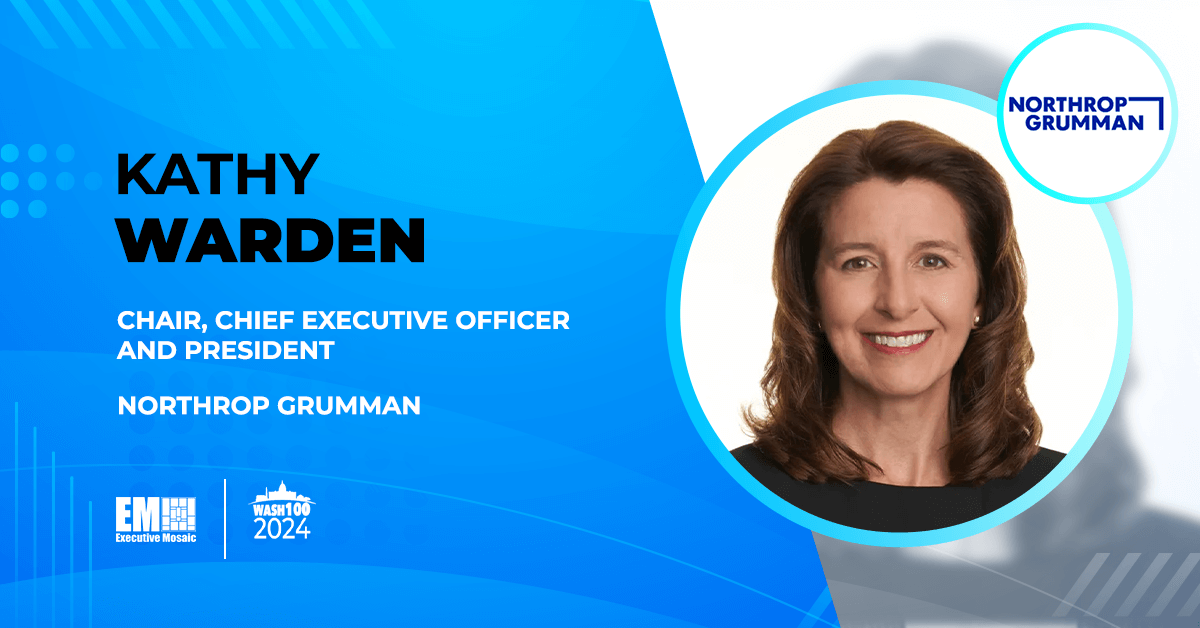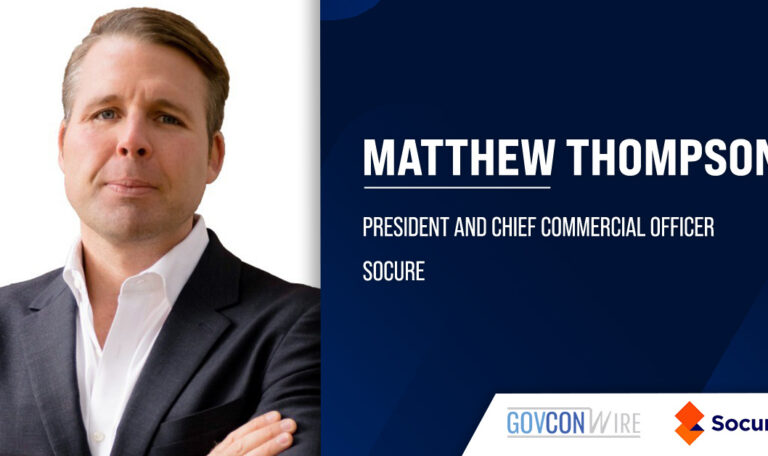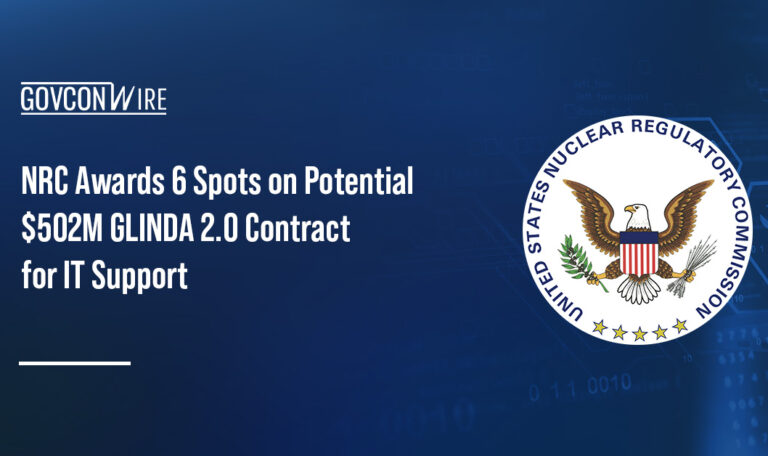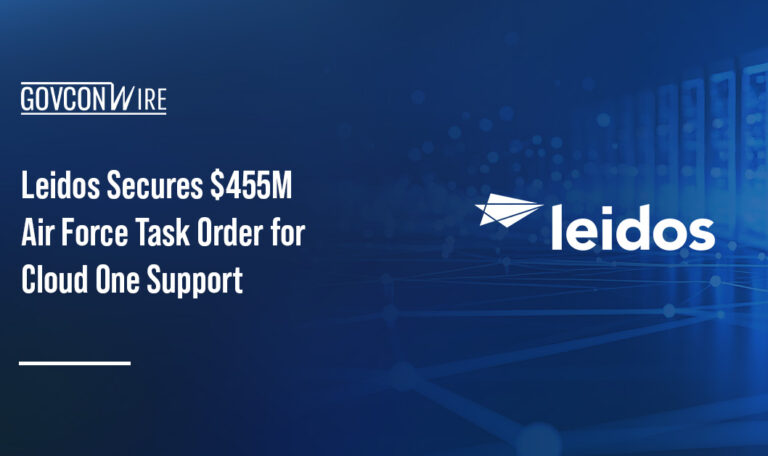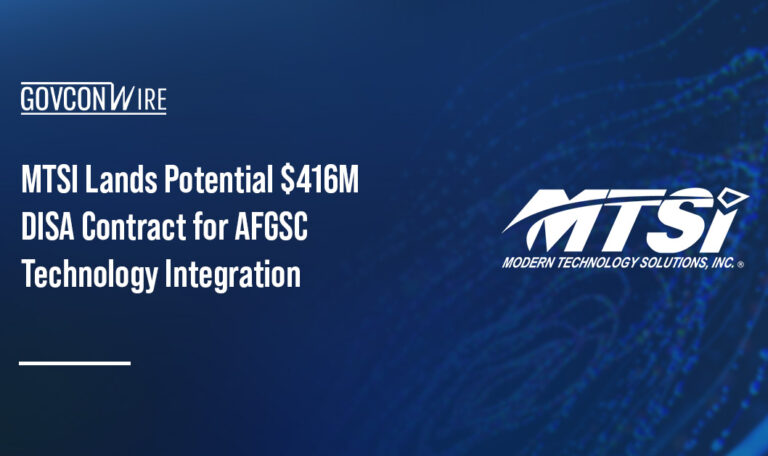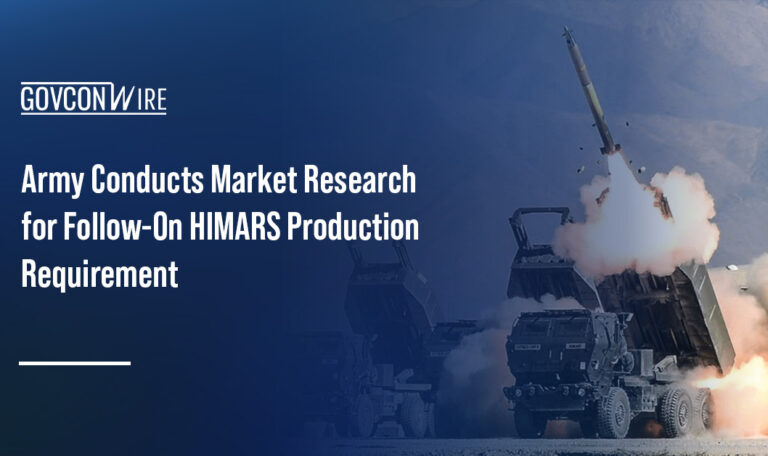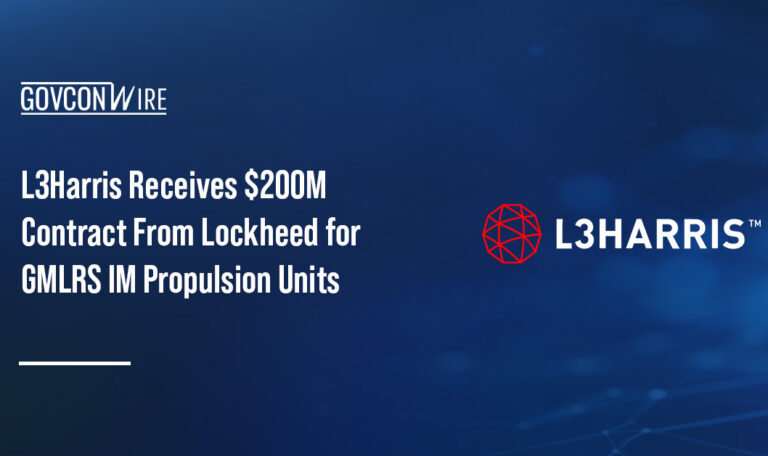Northrop Grumman (NYSE: NOC) saw its second-quarter fiscal 2024 sales climb 7 percent to $10.2 billion, up from $9.6 billion during the prior-year period, and attributed the growth to strong demand for the company’s products and services.
The Falls Church, Virginia-based aerospace and defense contractor said Thursday Q2 net awards totaled $15.1 billion, delivering a book-to-bill ratio of 1.5x and bringing the total backlog to $83.1 billion.
The company’s Q2 operating income rose 13 percent, while its diluted earnings per share increased $19 percent to $6.36.
Free cash flow jumped 80 percent to $1.1 billion, driven by higher net cash provided by Northrop’s operating activities.
Financial Performance of 4 Business Segments
Northrop’s aeronautics systems segment recorded the highest increase in Q2 sales, with nearly $3 billion at the end of the quarter, reflecting a 14 percent increase from the same period the previous year.
The defense systems business posted a 7 percent increase in revenue for the second quarter to $1.5 billion, driven by a ramp-up on military ammunition programs, higher volume on the Integrated Battle Command System program and increased order quantities on the Guided Multiple Launch Rocket System.
The company’s mission systems business reported $2.7 billion in Q2 sales, up 5 percent from the prior-year period. The increase was attributed to higher volume on the Surface Electronic Warfare Improvement Program and on restricted advanced microelectronics initiatives.
Space systems revenue for the quarter rose 2 percent to approximately $3.6 billion due to higher sales and higher operating margin rate.
CEO Kathy Warden Provides Update on Sentinel, B-21 Programs
At Thursday’s earnings call, Kathy Warden, chairman, CEO and president of Northrop, said the Department of Defense and the U.S. Air Force are working to restructure the Sentinel intercontinental ballistic missile program to reflect the latest schedule and cost estimates.
In early July, DOD certified that the Sentinel program met the statutory criteria to continue following a comprehensive review under the Nunn-McCurdy process.
Warden, a 2024 Wash100 awardee, told analysts that the company has made significant progress on the program and remains committed to working with the Air Force to identify ways to reduce program costs.
The Sentinel program intends to modernize the ground-based leg of the U.S. nuclear triad by replacing the aging Minuteman III ICBM system.
“We continue to execute on our existing EMD contract, which includes the design, development and testing of the full system. We are partnered with the Air Force on completing the design of all aspects of the system and how many of the systems components already in development and tests, including all three stages of the missile, command and launch subsystems for launch activation, security and systems monitoring, as well as transportation and support equipment,” the Northrop chief executive stated.
Warden noted that the B-21 Raider stealth bomber is progressing well through the testing phase and that the company remains within its cost and schedule estimates for the long-range strike bomber program, which entered low-rate initial production in January.
“As we recently shared, B-21 test pilots report that the aircraft is flying like the simulator, which is another indication that our digital environment has effectively predicted the performance of the aircraft, thus reducing new discovery and risk. For these reasons and more, we continue to believe in the significant value this program will create for customers and shareholders over time,” Warden added.


